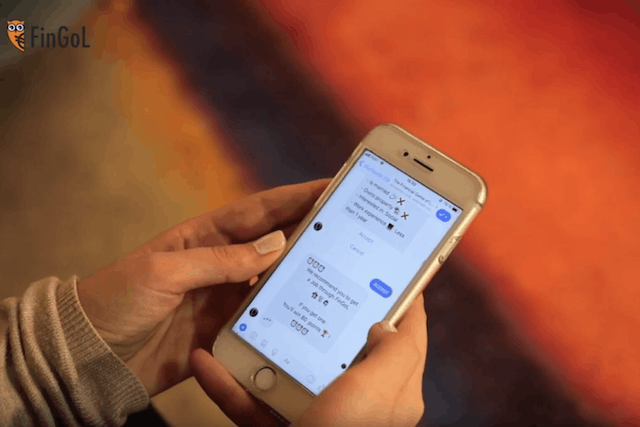Managing personal finances well certainly takes a bit of real life experience, but youngsters can start out with some basic skills. There are several initiatives in Luxembourg trying to impart just that. Not all of these resources are available in English, although some schemes will add more English tools shortly.
Primary pupils: Money Week
“Woch vun de Suen” (Money Week) takes place in Luxembourg on 23-27 March. It is part of a European-wide initiative by the European Banking Federation, organised in the grand duchy by the Luxembourg Bankers Association’s ABBL Foundation for Financial Education. The scheme was conceived for pupils in primary school cycle 4 (aged 10-12). “This age is ideal for familiarising children with the basic concepts of money; this observation is backed-up by several studies on the topic,” an ABBL spokeswoman told Delano last week.
Volunteer instructors--who work at the banking trade group’s member companies and for Luxembourg’s Financial Sector Supervisory Commission (CSSF)--head to state and international schools to hold 2-hour workshops. The sessions revolve around a board game called “L’eurodéo de la Conso” (with ‘conso’ meaning ‘consumption’ and alluding to ‘consumer credit’), which the rep said is “designed mainly to raise the pupils awareness about managing a budget and the importance of savings, explaining to them how savings will help them carry out future projects.”
At press time, more than 50 classes were scheduled to participate, including those at the Ecole fondamentale Itzig, Ecole primaire Gonderange in Junglinster and Lycée Vauban, to name just a few. The sessions can be held in French, German or Luxembourgish (based on each teacher’s request). The deadline for schools to sign up is 5 March.
The “L'eurodéo de la Conso” boardgame for primary school students to learn financial basics. Photo: ABBL
Secondary students: apps, chatbots and simulations
The CSSF, Luxembourg’s financial regulator, introduced its financial education programme this past autumn, which features several digital tools.
Portal: First up is the Lëtzfin.lu website (for “let’s talk about finance”), which covers daily expenses, insurance, loans, savings and investing, pensions, over-indebtedness and other topics along three channels: children, working adults and retirees. The site features budget tools and loan simulators, for example. At the moment, the site is available in French and German, but CSSF officials told Delano last week that the website will add English, Luxembourgish and Portuguese in the coming months. “Since the launch in November we have had about 4,000 users of the site letzfin.lu,” a CSSF official said.
Play this game: There is an educational chatbot, called “The Financial Game of Life”, available in English, French and German, for students aged 16 and up, which is accessible via Facebook. It was actually developed by Luxembourg students (although the CSSF is behind the content) for their peers. The game simulates the financial situation of a working adult, a CSSF official explained. Players advance levels by managing their finances responsibly. The agency said they tried to make the game as realistic as possible. For example, players need to find a job before they can take out a loan and there are a few “surprises”, such as having auto accident, along the way.
More apps: There is a separate educational app, for students under aged 16, under development, along the same lines as The Financial Game of Life, but with fewer features. It is currently being tested for the Android and Apple platforms and will be out “very soon”. The CSSF also has a budgeting app available now for both Android and Apple devices.
Real life spending: Then there’s “Pocket Money” which youngsters use together with their parents. “Parents are like the bank” for their children, a CSSF official explained. Kids and parents mobile phones are linked by QR code. Then parents can allocate regular pocket money and youngsters keep track of how they spend it in the app (which the CSSF official said they really enter). Parents can monitor, but cannot control, spending. Kids can also ask for loans or extra payments. This is not a game. The app is meant to manage real money (although it could be a simulation for families who want to try it out first). At the moment, Pocket Money is available in French and German, but the CSSF is working on English, Luxembourgish and Portuguese versions.
Teens, young adults and older
The Association of the Luxembourg Fund Industry runs the Understandinginvesting.org website, available in English, French and German. The site features plain language explainers and podcasts on savings, investments and money management.
A spokeswoman for the trade group told Delano: “Understandinginvesting covers a quite wide span of public ages, but does not target children in particular. I think the content starts to be relevant for an audience going from teenagers to pensioners.”

